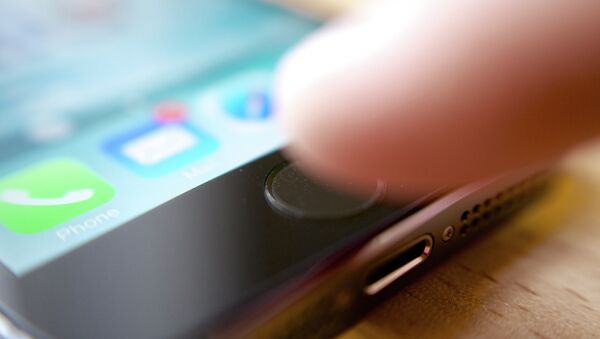The legislation was introduced in January which would impose stiff fines for sellers of phones which cannot be decrypted by the manufacturer or operating system providers, Truth Out reported.
“The New York state legislature says they want these backdoors so that law enforcement can break encryption to view the communications of suspected terrorists and criminals, but, as all security-minded individuals understand, once there is a backdoor, anyone can use it. It will be easier for identity thieves or other people who seek to do you harm to invade your privacy and steal your information,” a petition against the legislation launched by the privacy-defending organization, Fight for the Future, read.
Ever since the revelations about illegal NSA spying by whistleblower Edward Snowden brought the issue of privacy into global discussion, many tech companies have stepped their game up to protect users data.
Companies such as Apple have maintained that this is not just to keep the government out, but hackers and identity thieves as well — especially when phones are lost or stolen.
"Whoever stole your phone has a copy of your digital life," wrote Fight for the Future activist Holmes Wilson in a press release. "They could empty your savings, ruin your credit, or steal workplace files and cost you your job. Just one risqué photo could become a life-altering nightmare… especially for teachers, young people or public figures. This happens, and it's awful."
Encryption solves this problem, but law enforcement and the FBI insist that it is also keeping them out — and making it more difficult for them to thwart criminals. Many smartphones now erase all their data if an invalid password is entered too many times, making programs to enter random passcodes until it cracks useless.




